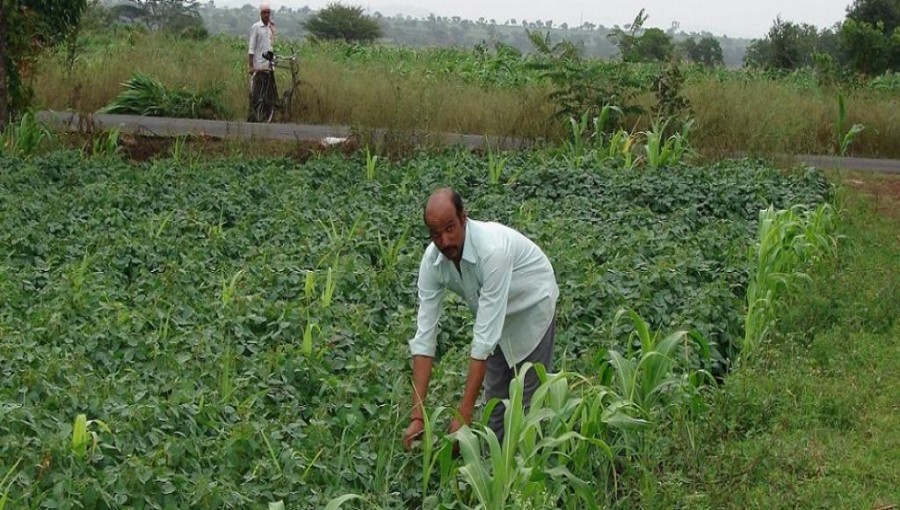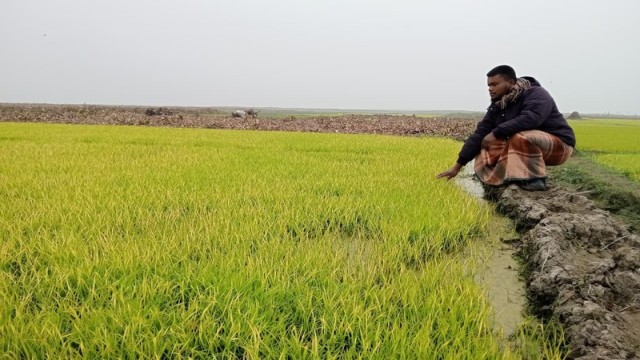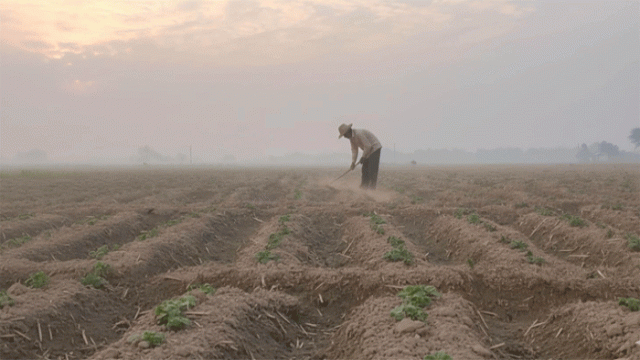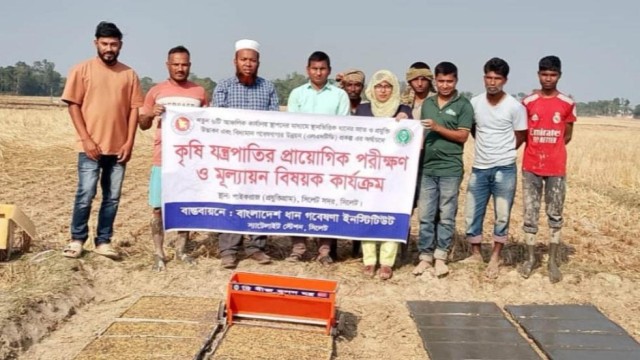Ratna Raju's innovative approach to farming, using a concoction of cow urine, jaggery, and organic materials, is not just about curbing a pungent odor—it's a strategy to protect crops from extreme and unpredictable weather conditions intensified by climate change. His farm in Guntur, Andhra Pradesh, a region frequently battered by cyclones and extreme heat, demonstrates the effectiveness of natural farming methods in safeguarding crops and enhancing soil resilience.
Andhra Pradesh has emerged as a model for natural farming, thanks to robust government support driving widespread adoption among farmers. While these methods prove beneficial in combating climate change impacts and increasing profitability, broader government investment and policy changes are needed nationwide to steer agriculture away from chemical-intensive practices vulnerable to extreme weather events.
The devastating impact of Cyclone Michaung underscores the urgency. In Andhra Pradesh, Raju's natural farming allowed rainwater to seep into the soil within a day, contrasting with neighboring farms dependent on chemical inputs that suffered prolonged flooding and substantial losses.
Government-backed initiatives like Rythu Sadhikara Samstha have catalyzed a significant shift towards natural farming, with hundreds of thousands of farmers embracing these methods. However, broader political support and increased subsidies for seeds and other inputs are essential to accelerate this transition across India's vast agricultural landscape.
The health risks associated with chemical pesticides further underscore the imperative for change. Prolonged exposure has been linked to health issues, prompting calls for stringent regulations and greater awareness about the benefits of natural farming.
Despite challenges such as limited budgetary allocations and entrenched skepticism among policymakers, activists like Meerabi Chunduru remain steadfast in advocating for sustainable agriculture practices. Scaling up natural farming will not only safeguard the environment but also ensure healthier food production and enhanced economic resilience for India's farming communities.
Chunduru's hope for prioritizing natural farming is rooted in its potential to deliver lasting benefits—nourishing both soil and future generations with healthier, more sustainable agricultural practices.































Comment: